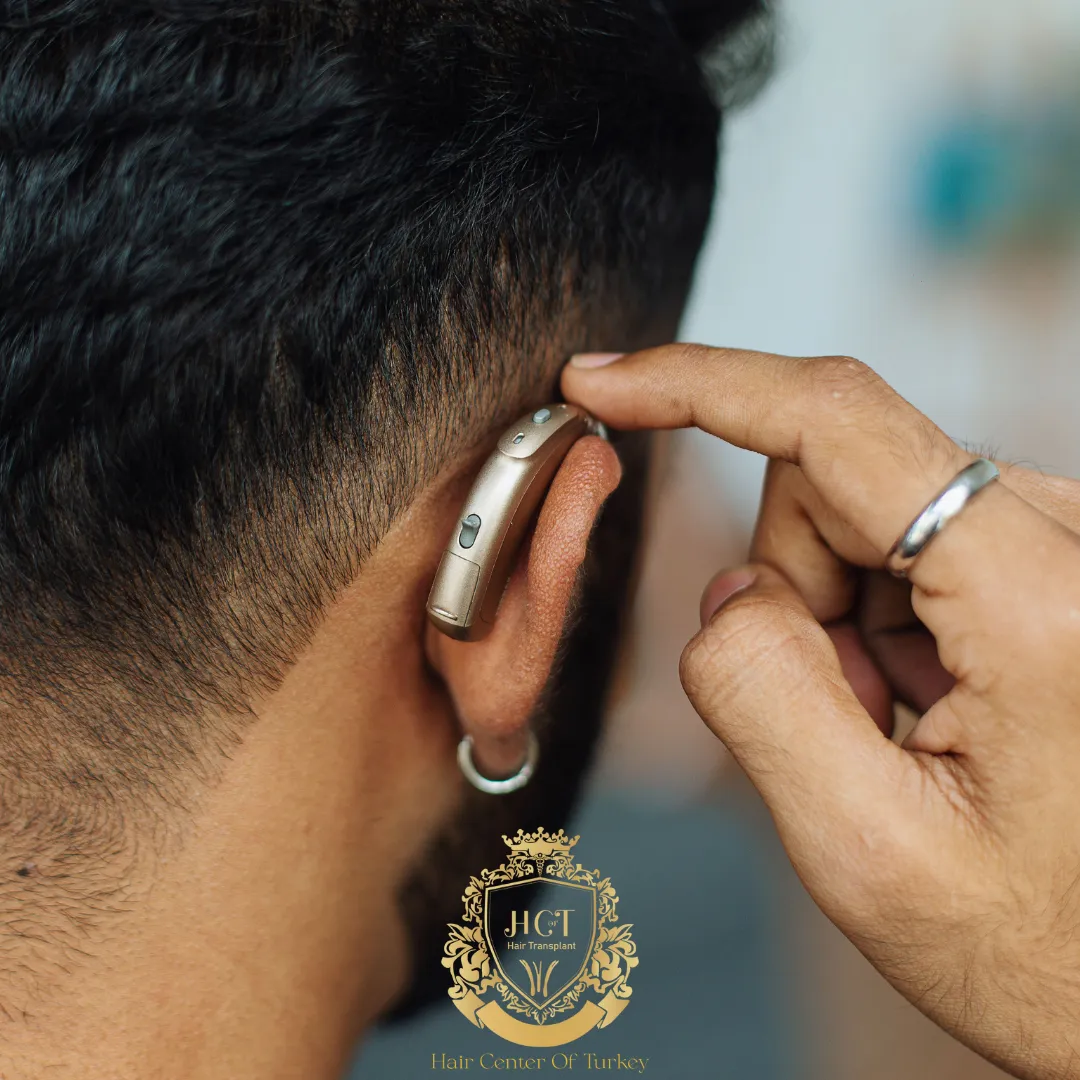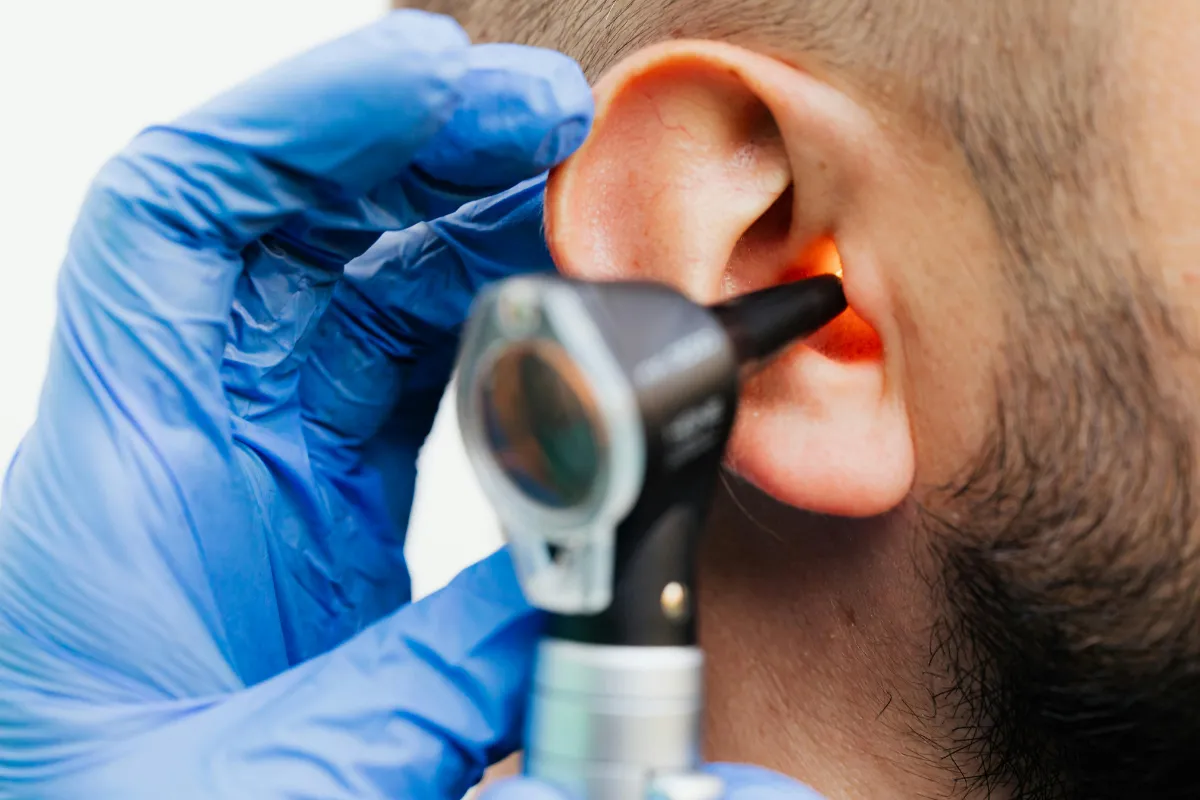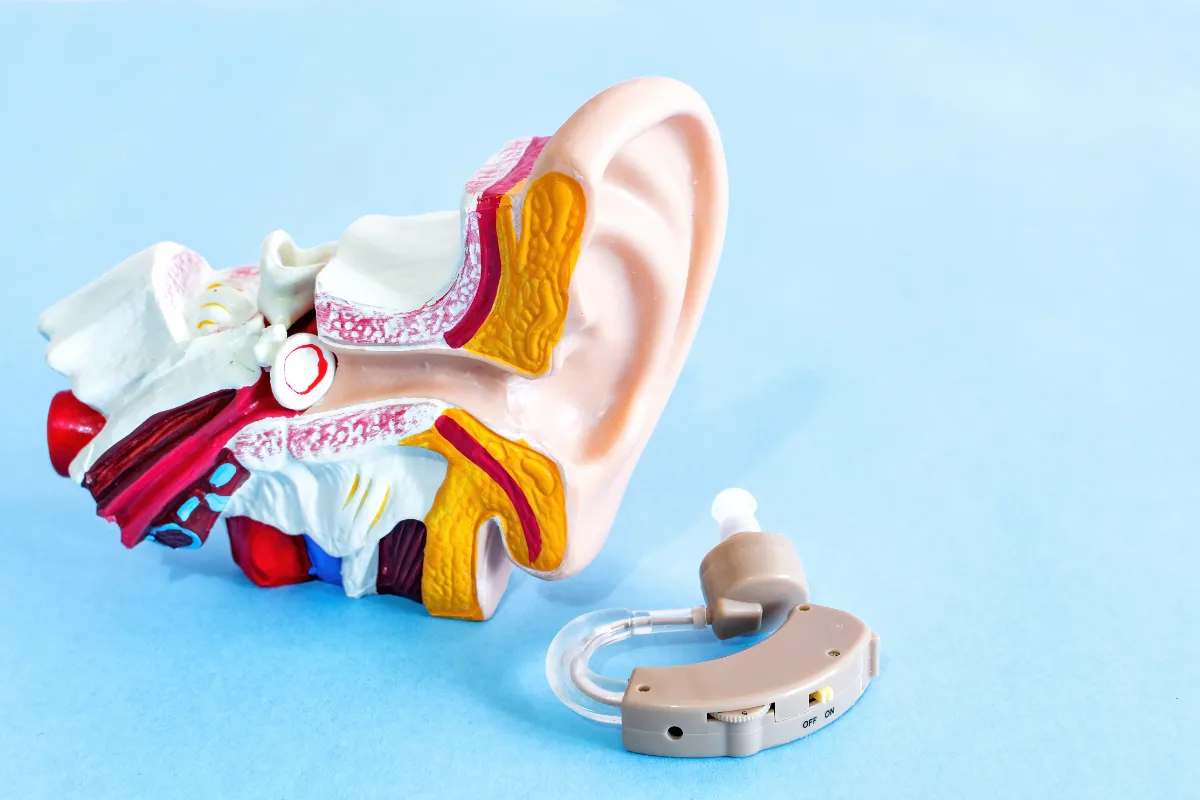
Can People With Hearing Or Speech Disabilities Get A Hair Transplant?
Yes. People with hearing or speech disabilities can safely have a hair transplant, as long as they’re medically eligible. The procedure is usually done under local anesthesia, so speaking during surgery isn’t required. The key difference is planning communication support—before, during, and after the procedure—so instructions, consent, and aftercare are fully understood.
Table of Contents
Is Hair Transplantation Safe For People With Hearing Or Speech Disabilities?
Yes. Hearing or speech impairments do not affect a person’s physical ability to undergo a hair transplant. Modern techniques such as FUE (Follicular Unit Extraction) and DHI (Direct Hair Implantation) are typically performed under local anesthesia and do not create extra medical risk because of these disabilities.
What matters most is clear, reliable communication. Patients should be able to understand the treatment plan, realistic expectations, possible risks, and aftercare steps in a format that works for them.

What Should Be Considered Before The Procedure?
The priority is making the consultation accessible and unhurried. This is where the surgeon evaluates your hair loss pattern, donor area quality, and overall health, and where you confirm the plan and give informed consent.
A patient-friendly clinic should be ready to:
- Provide a sign language interpreter if needed (or allow you to bring your own).
- Offer written explanations and step-by-step instructions.
- Allow extra time for questions and clarification.
- Use visual aids (photos, diagrams, models, or short videos) to explain the procedure.
These steps reduce stress, prevent misunderstandings, and help you feel confident about what’s happening.
During The Procedure: What Support Is Needed?
Hair transplant sessions can last several hours, and patients are awake throughout. Verbal communication is minimal during surgery, so most people with hearing or speech disabilities do very well during the procedure.
The team should still set you up for comfort and control:
- Agree on simple nonverbal cues (hand signals) for pain, breaks, water, or discomfort.
- Tell you what stage you’re in (numbing, extraction, channel opening, implantation).
- Keep the environment calm and supportive, especially if you experience anxiety in clinical settings.

Aftercare And Recovery: How To Support Communication?
Aftercare is a major part of results. Patients need to understand washing instructions, sleeping position, activity limits, medication timing, and warning signs that require medical attention.
For accessible aftercare support:
- Provide written instructions, ideally with illustrations.
- Offer follow-up visits with interpreter support or a structured written Q&A.
- Use secure messaging or email for quick questions, photo check-ins, and reminders.
Clear aftercare guidance helps protect grafts and lowers the risk of preventable complications.
Can People With Additional Disabilities Undergo The Procedure?
Often, yes—though it may require more planning. If a patient has limited mobility, chronic medical conditions, or cognitive challenges, the clinic may adjust positioning, scheduling, or the consultation process.
The best approach is individualized care. A reputable clinic will assess needs in advance and offer practical accommodations rather than forcing a “standard” process.

FAQs About Hair Transplants For People With Hearing Or Speech Disabilities
Can someone with hearing loss undergo a hair transplant safely?
Yes, with medical suitability and communication accommodations, hair transplant is generally safe.
Do speech or hearing impairments affect hair transplant results?
No, impairments don’t affect graft survival; communication affects understanding of aftercare.
Are hair transplant clinics accessible for patients with hearing or speech disabilities?
Many clinics are accessible; request interpreters, written instructions, and assistive communication options.
How can patients with communication difficulties prepare for a hair transplant?
Arrange interpreter, bring device, use written consent, confirm aftercare in writing.
Do hair transplant surgeons have experience treating patients with disabilities?
Beaucoup oui; demandez leur expérience, leurs aménagements, et leur protocole de communication.




